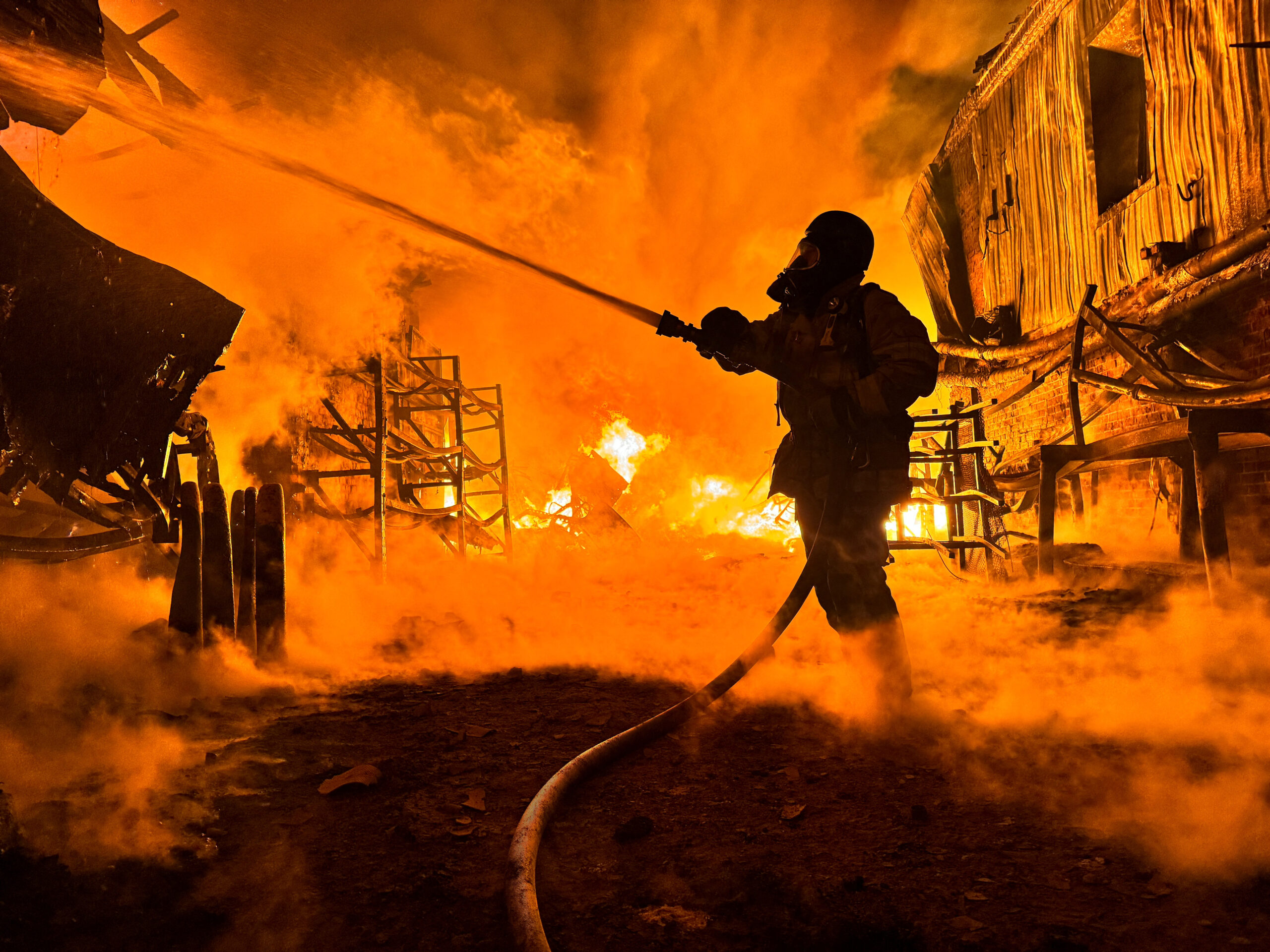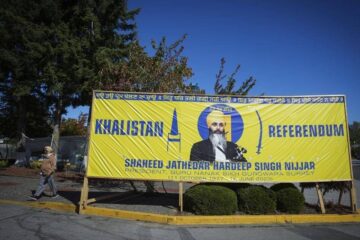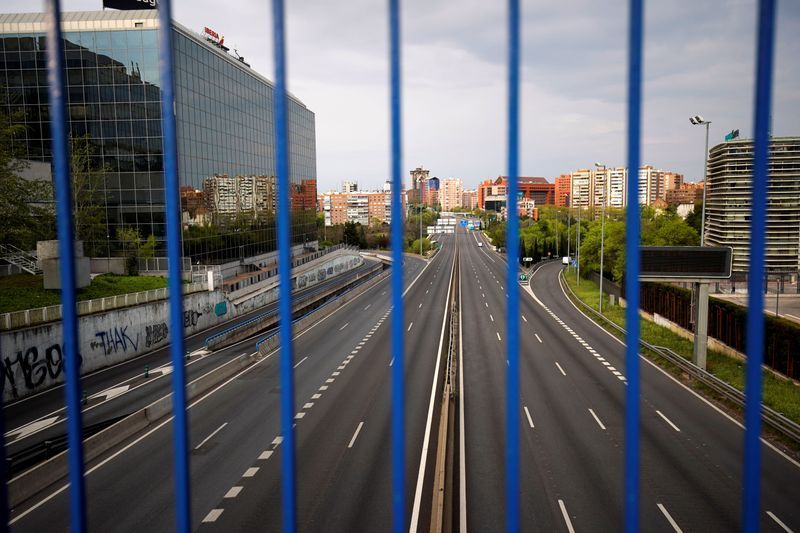Azerbaijan ruling party wins vote boycotted by opposition
Azerbaijan\’s ruling party on Sunday won a clear victory in parliamentary polls boycotted by the mainstream opposition, an exit poll said, cementing President Ilham Aliyev\’s grip on power in the ex-Soviet nation.
The ruling Yeni (New) Azerbaijan party easily secured enough seats for a majority in the 125-seat parliament, according to the exit poll conducted by the local ELS Independent Research Centre.
Ali Akhmedov, deputy prime minister and a top party leader, said his party was confident of victory and "expects to win at least 70 seats in the parliament."
International rights groups have cast doubt on the vote, accusing the government of jailing political opponents on trumped-up charges and limiting parties\’ ability to campaign in the ex-Soviet state.
The leader of the opposition Musavat party, Isa Gambar, told AFP that a win for Aliyev\’s Yeni (New) Azerbaijan party was a foregone conclusion "in the absence of strong opposition candidates and amid widespread violations".
Yeni Azerbaijan had vowed the election would be flawless.
"The elections are being held in a fully transparent and democratic atmosphere," Aliyev\’s top aide, Ali Gasanov, told AFP.
Final voter turnout was 55.7 percent, said the Central Election Commission, which was due to start releasing results later Sunday.
The tightly controlled Caucasus nation\’s leading opposition parties, including the National Council of Democratic Forces (NCDF), the Musavat party, and the Democratic Party of Azerbaijan, all boycotted the polls, with the NCDF calling them an "imitation" of elections.
"The country does not possess even half of the conditions necessary for free and fair elections," the party said.
Another major opposition party, the Republican Alternative (REAL), said it would not recognise the results.
The Organization for Security and Cooperation in Europe (OSCE) did not send observers to the election, citing "restrictions" imposed on its monitoring mission by Azerbaijan authorities and condemning the "crackdown on independent and critical voices".
Aliyev on Sunday criticised the move as "unacceptable."
None of the elections held in Azerbaijan since Aliyev came in power in 2003 have been recognised as free and fair by international observers.
Any display of public discontent and political dissent usually meets a tough government response in the country of 9.5 million people.
Rights groups say the government has particularly clamped down on opponents since Aliyev\’s re-election for a third term in 2013.
Human Rights Watch (HRW) and Amnesty International decried the authorities\’ systematic attacks on opponents in the lead-up to the election.
"At least 20 people are currently imprisoned in the country merely for having challenged the government\’s policies," London-based Amnesty said in a statement.
HRW said the authorities have used spurious charges of drugs or weapons possession, tax evasion, and even high treason to jail political activists and dissenting journalists.
Over the past year, Aliyev\’s leading political opponent, REAL party leader Ilgar Mammadov, as well as the country\’s top critical journalist Khadija Ismayilova and a prominent Azeri couple that campaigns against human rights abuses, Leyla and Arif Yunus, were sentenced to lengthy jail terms over charges they say were politically motivated.
Despite international criticism, Aliyev secured a third consecutive term in 2013, extending his family\’s decades-long grip on power in the energy-rich Caspian Sea nation.
He took over in 2003 on the death of his father Heydar Aliyev, a former KGB officer and communist-era leader who had ruled newly independent Azerbaijan with an iron fist since 1993.
The mainly Muslim country wedged between Iran and Russia is considered key to Western efforts to reduce Europe\’s reliance on Russian hydrocarbons.
Relying largely on its energy exports, the country was hit by a drop in oil and gas prices and the global economic downturn, and in late February 2015 devalued its currency, the manat, by 34 percent against the dollar.
More than 700 candidates from 13 parties and one bloc were standing for the 125-seat, single-house parliament, the Milli Majlis, to be elected for a five-year term.
Over 5.9 million people were registered to vote.
SOURCE: AFP
[do_widget_area inner_adsbar]









